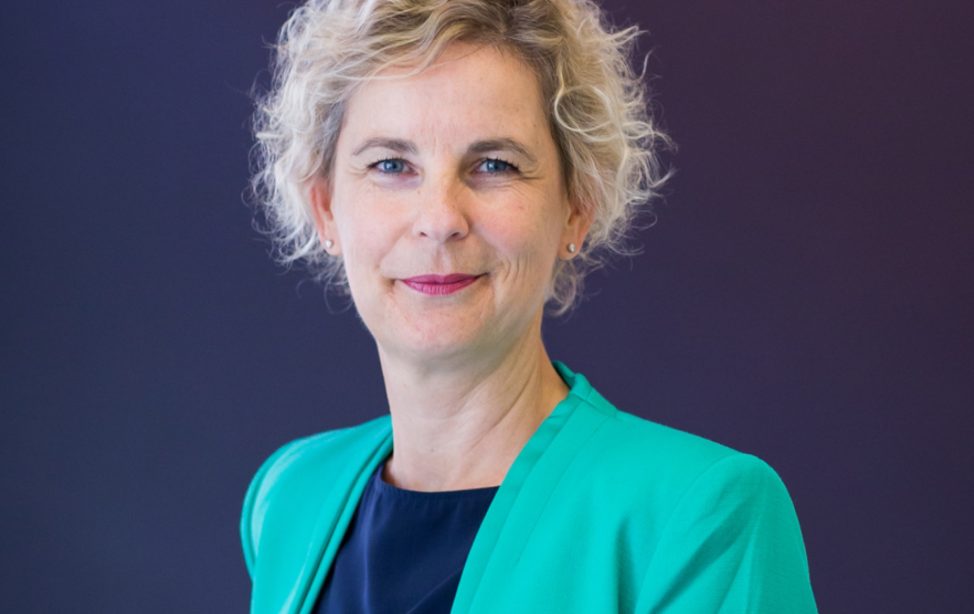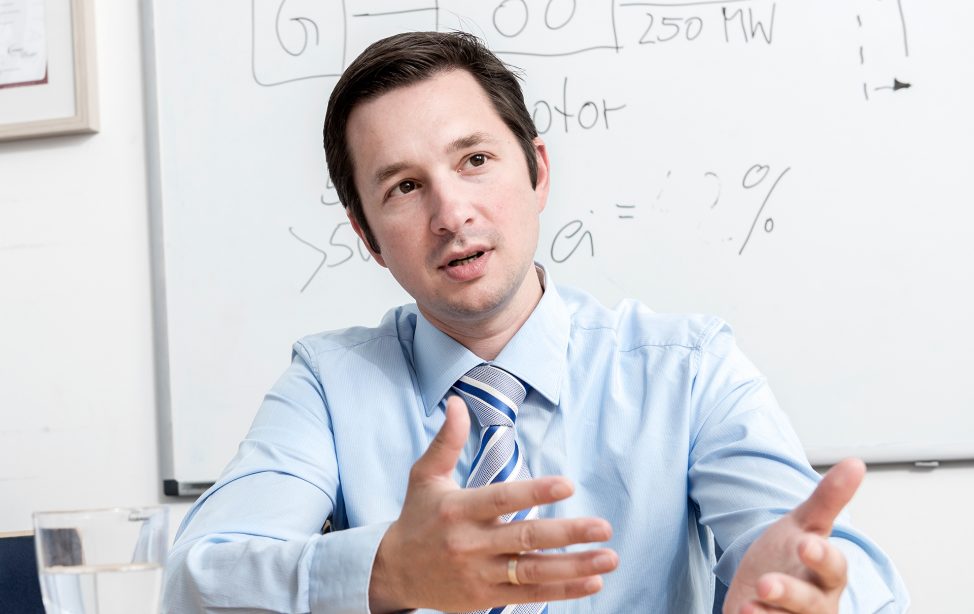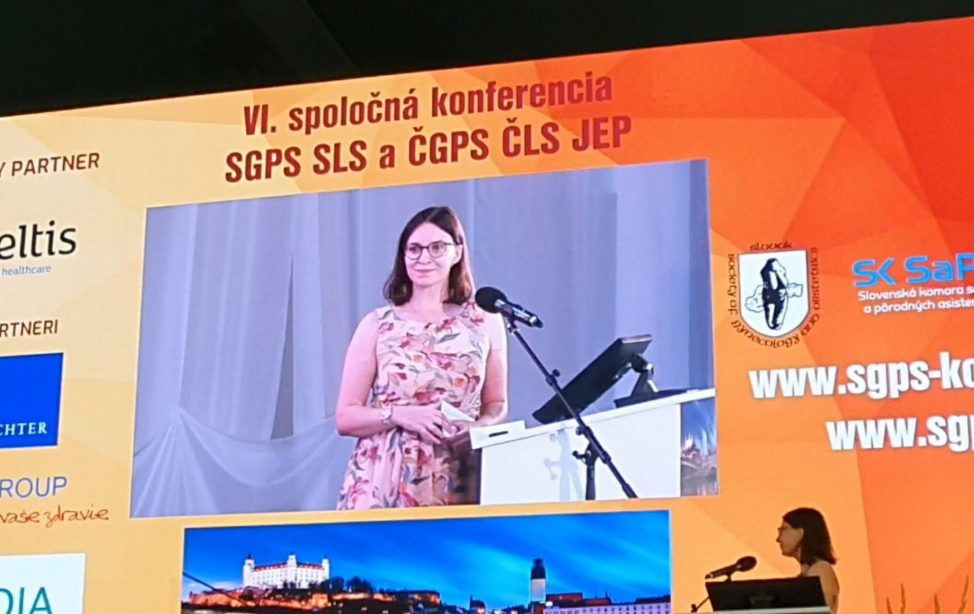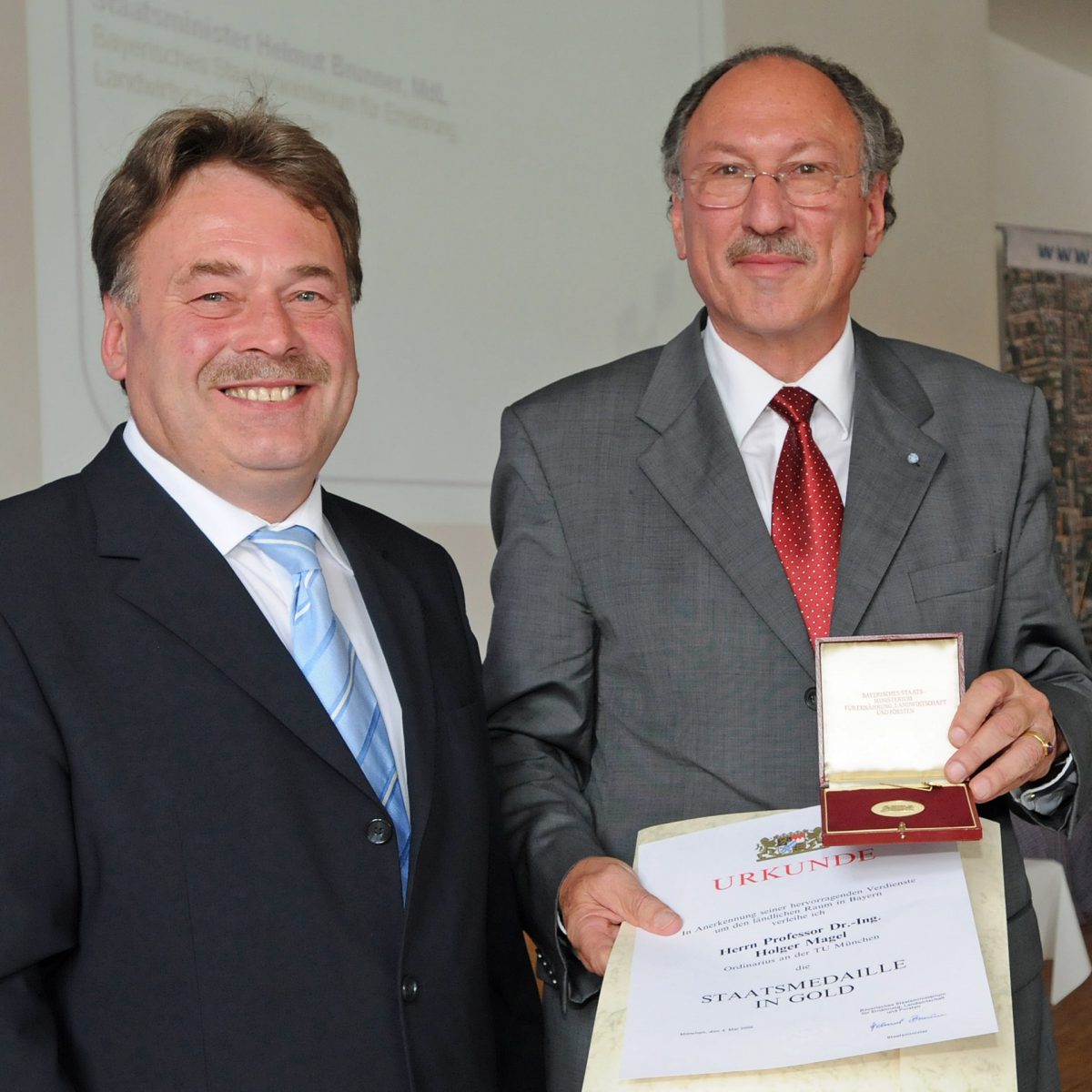
For his unparalleled commitment for rural areas and villages Holger Magel received numerous prestigious awards and medals. In 2009 Minister of State Helmut Brunner honoured him with the Bavarian State Ministry for Food, Agriculture and Forestry's highest award, the State Medal in gold (Image: Ursula Baumgart / StMELF).
Practical Experience for Research
When the Bavarian Office for Land Consolidation established the endowed Chair for Land Consolidation and Rural Development at TUM in order to finally enable independent scientific research, the young engineer Holger Magel was transferred over from the Department of Land Consolidation in Munich. He had already received the Staatspreis (state award) for his recently completed first project in the Erding district and was now, with the help of his practical experience, expected to steer the new chair’s research into the right direction.
Land Consolidation is Becoming Eco-Friendly and Participatory
Upon the professor’s early death Magel not only established the academic chair but also lead the first major German-wide research project on village renewal, which was to become the foundation of the village renewal boom in Bavaria and Germany. As the newly appointed Head of Village Renewal in the Ministry of Agriculture Magel had the opportunity to put his own theories, in fact for all of Bavaria, into practice. Influenced by exchanges with the TUM professors Wolfgang Haber, Günther Grzimek and Helmut Gebhard Magel furthermore revolutionized the practice of land consolidation.
It was another model, namely the ‘three-step landscaping’, developed together with Haber-student Fritz Auweck, which Magel managed to implement all throughout Bavaria – and indeed very successfully: it instantly silenced previous criticism from nature and bird conservationists, as well as preservationists of local history and monuments. The scientific methods of aesthetic and ecological balance, which were used in Germany for the first time, even convinced sharp critics. Since then Magel swears by the motto: “Nothing is more practical than a good theory.”
Confidence allows for other opinions.
Not least because here, he always counted on the village population’s active participation. Only if they too sufficiently appreciate the conditions of living in rural areas and are able to contribute to improving them, Holger Magel feels that he has reached his goal. ‘Together’ and not ‘top-down’ is his approach to redeveloping villages and to preserving and renewing rural life. In order to establish a sound methodological foundation for this desired participation Magel has not only conducted extensive practical research, but has also set up the three Bavarian schools for village renewal and urban development.
For a more just world
In 1998 Holger Magel returned to TUM with an increasingly broader and wider area of teaching, research and consulting. His i nterest now also included ‘Land Management in Urban and Rural Areas’ – as the degree programme he established and which is unique in Germany is called – , encompassing all rural areas and their interdependencies to urban areas. Magel is training master students from all over the world and as the ‘world president of surveyors’ and president of the Bavarian Academy ‘Ländlicher Raum’ (Rural Areas) is preaching the message of a more just world. For this, too he has developed a model: the Model of Spatial Justice. And once again he had the chance to help transfer this theory into practice – in Bavaria, Germany or in China, Cambodia, Georgia or elsewhere.
Even though Holger Magel is meanwhile retired since 2012, he is as committed as ever – at home and abroad. As an Emeritus of Excellence he sees himself as an international ambassador for TUM and for rural areas with the aim of making people worldwide – citizens, experts and decision makers alike – aware of the importance to preserve an indispensable balance between cities and the countryside and of mobilizing them to take action. Because, according to Magel: “If the land isn’t breathing anymore, the cities suffocate.”
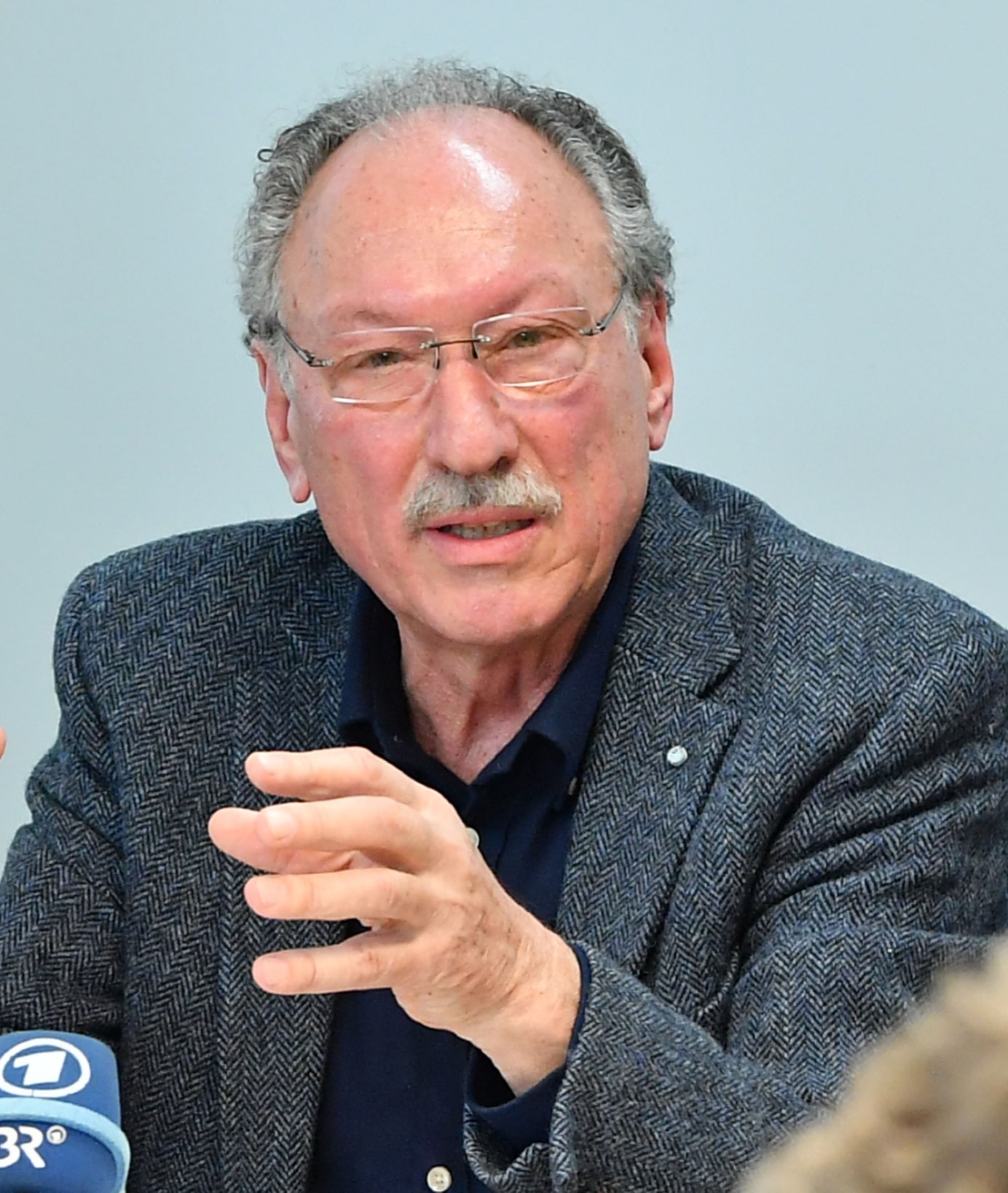
Holger Magel (Image: Bildarchiv Bayerischer Landtag, Rolf Poss).
Diploma Geodesy 1968, Promotion 1977
After his degree in Surveying at TUM Holger Magel completed his clerkship with the graduate civil servant exam and rank 1 in Bavaria in 1971. Subsequent to his position at the Office for Land Consolidation Munich he was called to the TUM Chair of Land Consolidation and Rural Development in 1975. In 1977 he received his Dr.-Ing. degree for a dissertation on planning issues.
From 1978-1997 Holger Magel worked for the Bavarian State Ministry for Food, Agriculture and Forestry; first as Head of Division for Village Renewal, Land Development, Landscaping, Public Relations, Monument and Local History Conservation, as well as Organisation and Human Resources, and later in the role of Head of Department and director of the Bavarian Administration for Rural Development (1995-1997). At the same time he was the chairman of the German Bund-Länder Team for Village Renewal (1984-1995), as well as EU representative for Rural Development in Eastern Germany (1992/1993).
Between 1998 and 2012 Holger Magel was professor for Land Tenure and Land Development, director of the Center for Land, Water and Environmental Risk Management, as well as head of the Institute of Geodesy, GIS and Land Management at TUM and from 1998 till 2002 vicepresident, from 2002 till 2006 president of the International Federation of Surveyors (FIG).
Since 1994 he is the president of the renowned Bavarian Academy ‘Ländlicher Raum’ (Rural Areas). Holger Magel has received numerous awards; he received, amongst others, the Bavarian Order of Merit (2007), the Federal Cross of Merit Officer’s Cross (2013), the Denkmalschutzmedaille (Medal for Historic Preservation) (2000), and the State Medal in Gold awarded by the Bavarian Ministry for Food, Agriculture and Forestry (2009). Following his appointment as Commander of the Royal Order of Sowathara (2010) the prime minister of Cambodia appointed him personal advisor of the Minister of Land, he simultaneously receiving the title ‘Excellency’. Furthermore he is Honorary Citizen of the Chinese village Nan Zhang Lou in the Shandong province (2008).
Holger Magel is married and grandfather to his daughter’s two children.
Professor Dr. Holger Magel was appointed TUM Emeritus of Excellence by TUM president Prof. Dr. Wolfgang A. Herrmann in 2013.
